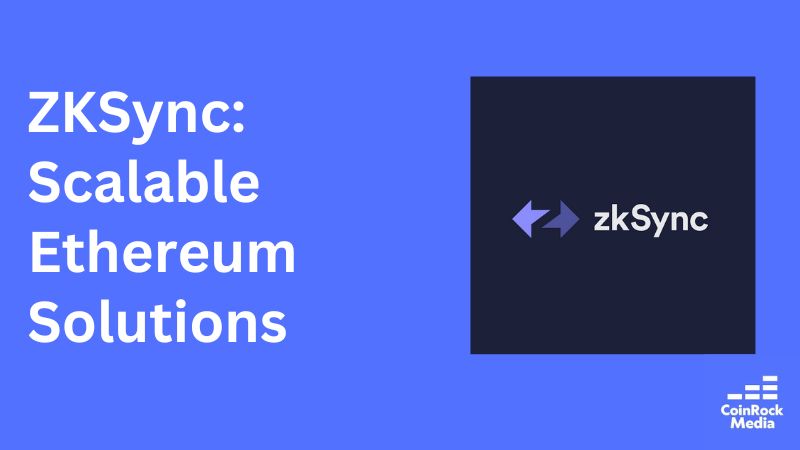IIf you’ve recently entered the world of cryptocurrency, you may have heard about CEX or Centralized Exchanges.
In simple terms, a CEX is a platform where you can buy, sell, and trade cryptocurrencies, like Bitcoin or Ethereum, with the help of a central authority.
These exchanges act as intermediaries, handling all transactions between users. In this guide, we’ll break down what a CEX is, how it operates, and why it’s so widely used.
What is a Centralized Exchange (CEX)?
A Centralized Exchange (CEX) is a digital marketplace that facilitates the trading of cryptocurrencies. Unlike Decentralized Exchanges (DEX), where users trade directly with one another, CEXs have a central authority that manages transactions.
Platforms like Binance, Coinbase, and Kraken are popular examples of CEXs. To use a CEX, you create an account, deposit funds, and place buy or sell orders.
The platform then manages the trades, ensuring everything runs smoothly. This model makes cryptocurrency trading easy for beginners and seasoned traders alike.
How Does a CEX Work?
Here’s how a CEX typically works:
- Account Creation: You sign up for an account on the exchange and verify your identity (KYC—Know Your Customer).
- Depositing Funds: You can deposit fiat currency (like USD) or cryptocurrency into your exchange wallet.
- Placing Orders: Once your funds are in the exchange, you place an order to buy or sell a cryptocurrency.
- Order Matching: The exchange matches your order with a counterpart, and once a match is found, the trade is completed.
- Withdrawal: After a successful trade, you can withdraw your funds to your personal wallet or leave them on the exchange.
In a nutshell, CEXs act as an intermediary, simplifying the process of buying and selling cryptocurrencies.
WWhy Are CEXs Popular?
There are several reasons why CEXs are favored by many cryptocurrency traders:
- User-Friendliness: Most CEX platforms have easy-to-use interfaces, making them accessible to beginners.
- High Liquidity: Because these platforms have large user bases, there is generally a high volume of trades, which means quicker transactions at better prices.
- Security: Centralized exchanges offer robust security measures, such as two-factor authentication (2FA), cold storage for funds, and insurance against hacking incidents.
- Access to Fiat: CEXs often allow you to deposit and withdraw traditional money (fiat currencies), which makes trading more convenient.
These advantages make CEXs an attractive option for people looking to start trading crypto with confidence.
Risks of Using a CEX
While CEXs are popular, they do come with some risks:
- Centralized Control: The exchange controls your funds, so if the platform is hacked or experiences technical issues, your assets might be at risk.
- Privacy Concerns: To use a CEX, you usually need to provide personal information.
- Regulatory Risks: CEXs are subject to government regulations, which could result in changes or restrictions on your account depending on your location.
- Hacking Risks: Despite strong security measures, high-profile hacks have occurred on some exchanges, leading to the loss of user funds.
Despite these risks, many users find the benefits of CEXs outweigh the potential downsides.
Popular CEX Platforms
Several CEX platforms have become household names in the crypto space. Here are a few:
- Binance: Known for its wide selection of cryptocurrencies, low fees, and advanced trading features.
- Coinbase: A beginner-friendly platform with a simple interface and strong security.
- Kraken: Offers a large selection of crypto assets and advanced trading tools, with a focus on security.
- Gemini: A regulated exchange based in the U.S. with an emphasis on compliance and security.
Each of these exchanges has unique features, so it’s worth researching which one best suits your needs.
CEX vs. DEX: Key Differences
If you’re comparing CEX with DEX (Decentralized Exchanges), here are the key differences:
- Control: In a CEX, the platform controls your funds, while in a DEX, you control your assets at all times.
- Ease of Use: CEXs are generally easier to use, with a more polished interface and customer support.
- Liquidity: CEXs tend to have higher liquidity, making it easier to execute trades quickly.
- Privacy: CEXs require personal information for registration, while DEXs often allow for anonymous trading.
While CEXs are often more user-friendly, DEXs provide more privacy and control over funds.
Benefits of Using a CEX
- Convenience: CEX platforms make it easy to trade a variety of cryptocurrencies using both fiat and crypto.
- Security: Many CEXs offer insurance and security features to protect user assets.
- Liquidity: High liquidity means faster trades and fewer price fluctuations.
- Reputation: Many CEXs are well-established and regulated, providing an additional layer of trust and confidence for users.
For beginners and experienced traders, CEXs provide a seamless, secure, and convenient way to trade cryptocurrencies.
The Future of CEXs
The future of CEXs looks promising as cryptocurrency continues to grow. We can expect further integration with traditional financial systems, improved user experiences, and more advanced security features.
As the industry evolves, CEXs may become even more accessible and secure, making cryptocurrency trading even easier for everyday users.
Final Thoughts
A Centralized Exchange (CEX) is one of the most popular ways to trade cryptocurrencies today. With easy-to-use platforms, high liquidity, and strong security features, CEXs offer a trusted way to buy, sell, and trade digital assets.
While they do come with risks, such as privacy concerns and centralized control, their benefits make them ideal for those just starting out or those looking for a convenient way to trade crypto.
As the crypto world evolves, CEXs will remain an important part of the ecosystem, providing users with a simple and secure way to enter the world of cryptocurrency trading.





